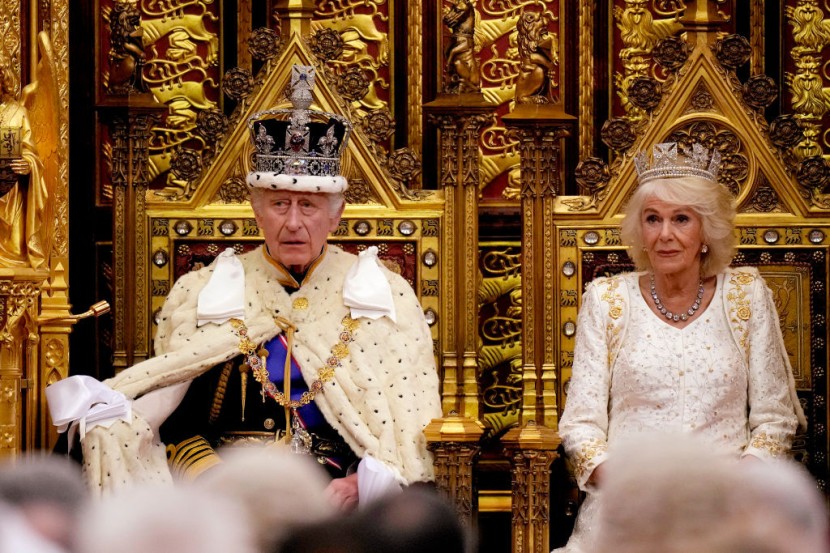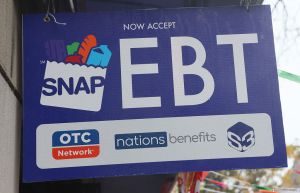King Charles III delivered the first King's Speech of his reign on Tuesday (November 7) as part of the UK's annual State Opening of Parliament.
The last time the parliamentary event was held in May 2022, Charles was still Prince of Wales and - together with his son and heir Prince William - was deputized by his late mother, Queen Elizabeth II, to represent her before she died in September that same year.
Sunak-Written King's Speech
Traditionally, the speech delivered by the monarch is written in advance by the government of the day - in this case, the Conservative Party under British Prime Minister Rishi Sunak.
This year's King's Speech, as it was called, was his first with a probability it could also be his last as the UK is set to undergo a general election.
This also meant that Charles, being a constitutional monarch, had little to no say or influence in any government's agenda.
In an agenda written by the government, Sunak signaled his intent to create a dividing line with the opposition Labour Party before the vote expected next year, Reuters reported.
Unlike in recent years, Labour ran way ahead of the Conservatives in the opinion polls. However, Sunak's team was hoping that his agenda would close the gap by reducing the "burden" of Britain's climate targets on households and by toughening sentences for violent offenders.

"My government will, in all respects, seek to make long-term decisions in the interests of future generations," Charles told the assembly of lawmakers from both the unelected House of Lords and the elected House of Commons. "By taking these long-term decisions, my government will change this country and build a better future."
The question now is if the speech would allow the Conservatives to win back voters after the party was plagued with allegations of sex scandals, scrutiny over its actions during the COVID-19 pandemic, and internal division on how to win the next general election.
The BBC detailed that the House of Commons, the elected chamber of the British Parliament, would reassemble after the King's Speech to debate its contents.
Sunak would be expected to provide further details of the speech, while Labour leader Sir Keir Starmer would be expected to respond to the government's agenda before other members of the parliament (MPs) contribute.
Highlights from the Speech
What Charles read suggested that the UK was already in its campaign season.
The government signaled that it would move ahead with the Sentencing Bill that would bring forward tougher jail sentences for the most serious offenders, and repeated its pledge to boost economic growth and reduce inflation.
However, it seemed that calls from Conservative lawmakers to offer voters tax cuts were left unheeded.
"My ministers will address inflation and the drivers of low growth over demands for greater spending or borrowing," the king said.
The speech also provided some of the government's climate policies, as well as bringing legislation to hold North Sea oil and gas licensing rounds annually, phase out tobacco sales to young people, and press on with attempts to tackle illegal migration.
The government also mentioned a reform in the housing market, outlawing no-fault evictions for renters, and amending a system described by a minister as "feudal" which forced owners of some properties to pay rent to a freeholder - all in a bid to win over younger voters.
© 2025 HNGN, All rights reserved. Do not reproduce without permission.








